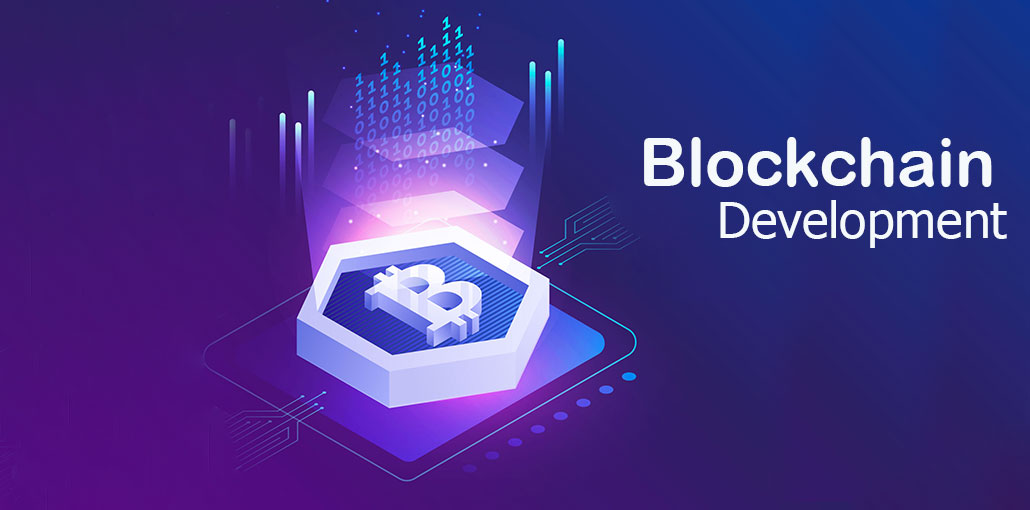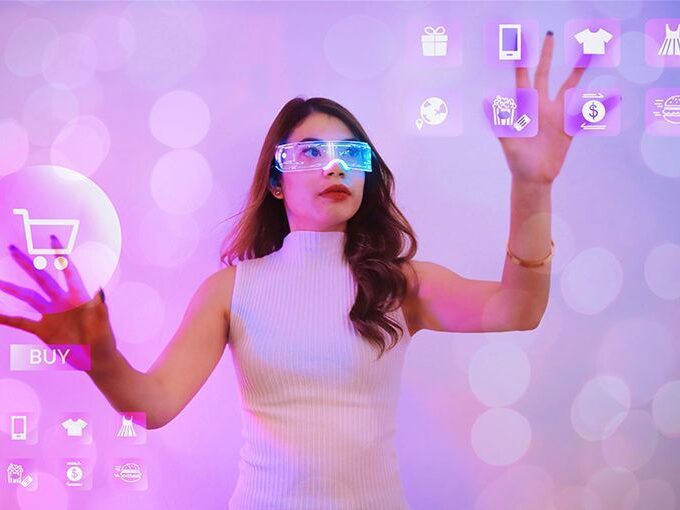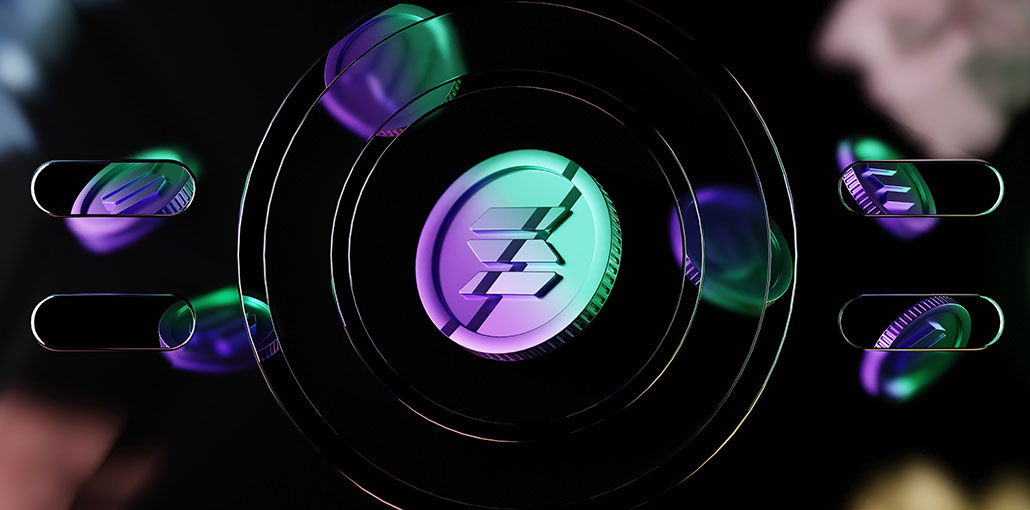If you’re considering getting into blockchain development, here’s what a newbie like you should know.
You’ve probably heard about cryptocurrency. Chances are, you have a friend who’s into Bitcoin, or, at least, you have fewer than six degrees of separation from someone who’s into it. It’s quite likely that someone you know knows someone who’s into Bitcoin, and if that’s not the case, it’s time you be the first among your network to jump into this not-quite-new but never-will-be-old trend.
Cryptocurrency is touted as the future of finance. From Bitcoin’s humble beginnings, which is largely credited for the mainstream emergence of cryptocurrency, this digital means of moving valuable assets has come a long way. Case in point: payments using Bitcoin are now possible, and people from across the globe are reaping huge monetary rewards for participating in cryptocurrency trade.
While cryptocurrency investment is the go-to prospect for enthusiasts of digital assets, it’s important to note that it is not the only way you can make money from the industry. Another money-making opportunity: become a blockchain developer.
Also read: What Are The Skills Required to Become A Blockchain Developer
What is blockchain technology?
Think of blockchain as an Excel spreadsheet. It contains information but exists solely in the digital space. Bitcoin, alongside other cryptocurrencies, owes its existence and operation to blockchain technology. Without blockchain, there’ll be no exchange of digital assets as we know it.
Blockchains share four core features. They are as follows:
- Distributed – This is opposed to being centralized like that of a fiat currency. No single authority or computer has absolute control over a blockchain. It’s a peer-to-peer network. Think of blockchain as an Excel spreadsheet accessible and editable across multiple computers called nodes.
- Public – Everyone can access a blockchain, which allows for transparency of transactions. A blockchain is the antithesis of an offshore bank account used by rich people to circumvent tax laws and evade corruption charges.
- Driven by consensus – Think of a blockchain like a democratic game of Lego toy building involving many players. Another block can’t be added to the existing design without everyone’s approval. A blockchain expands one block at a time. The addition of a new block requires the thumbs up of nodes.
- Immutable – Once a new block is added to a blockchain, it can’t be removed. It’s final and unchangeable. The whole system is encrypted, and it’s virtually impossible to hack.
Every digital asset like Bitcoin has its own blockchain. That’s where all transactions are recorded. Stakeholders can access these records at any time. Keeping the system running as it should require computing experts. That’s where a blockchain developer comes in.
What does a blockchain developer do?
In a nutshell, as a blockchain developer, your task is to help build a computer network that operates across multiple nodes. As the name adequately sums up, you’ll be responsible for developing blockchains that support the life of a specific cryptocurrency.
In terms of the nitty-gritty, blockchain developers come in two types. They are as follows:
- Core blockchain developer – Here, the operative word is “core.” You build the foundation of a blockchain system, the heart, and soul of it. Your responsibilities include the assurance of the design’s practicality and the system’s security. From what you build, others will base their blockchain system—by “others,” we mean the second type of developers.
- Blockchain software developers – Here, your job is taking the intricate blockchain system designed by a core blockchain developer into something that’s more accessible to, let’s say, a Bitcoin enthusiast who may not be as competent with computing. Accessibility is made possible by apps and website-based portals you’re tasked to create.
You can pursue either of these two careers; you can also choose to do both. Either way, these jobs share the following duties:
- Design blockchain protocols
- Design network architecture
- Frontend design
- Backend development
- Smart contracts development and monitoring
If you think these job responsibilities are right up your alley, read on to know how you can get started with a career in blockchain development.
Also read: 10 Best Helpful Tools for Blockchain Development in 2021
How to become a blockchain developer
To become a competent and trusted blockchain developer, you need to do the following.
1. Understand the basic principles of blockchain technology
Blockchain technology is guided by core principles. These include mining, public ledger, and consensus blocks, among others. Learn the ins and outs of these concepts. You also need to understand the key differences between blockchain networks such as private, public, and consortium blockchain.
2. Get into cryptocurrency
You don’t have to invest in crypto for the long haul if that’s not something you want, but you do get a good grasp of how blockchain works by trying your hand at it. Understand wallets and exchanges and explore trading platforms.
3. Brush up on your technical expertise.
Become an expert in programming using Python, Java, and C++. Understand cryptography and distributed ledger technology. Web development skills come in handy, too, especially if you’re looking into frontend blockchain development.
4. Get to know the different blockchain platforms
Blockchain platforms are not created equal. Know what makes them unique. For example, pinpoint which ones are open source, which have a stable community, and which ones allow rapid deployment, among other concerns.
5. Network
Test your skills by getting work done and having your design checked by other developers. Listen to constructive feedback. Adjust your process accordingly.
There’s more to cryptocurrency than trading
As with any other industry, cryptocurrency has facilitated the emergence of money-making opportunities unique to it. One that’s worthy of your consideration and exploration is blockchain development. If you’re competent with computing technology, you already have a headstart. Your skillset could turn you into a prominent stakeholder in the cryptocurrency industry.
If you’re not a computer wiz, do not fret. Like any other skill, blockchain development is something you can learn, especially considering that the technology is relatively new. With dedication, hard work, and perseverance, you will understand how blockchain works.
Rest assured, you have a plethora of resources at your disposal, for instance, blockchain technology conferences. You may join the BSV Development Conference as a way to get started. If you can’t get behind the perceived risk involved in cryptocurrency investment, a career in blockchain development is the next best thing for those eager to participate in the industry.










Leave a comment